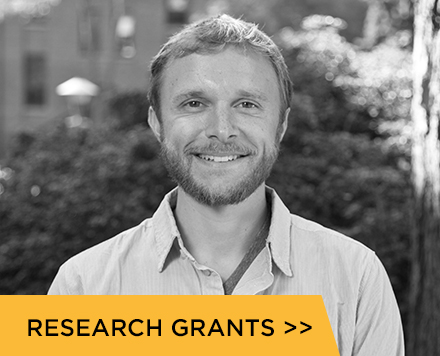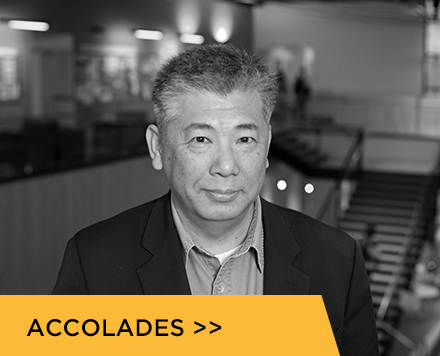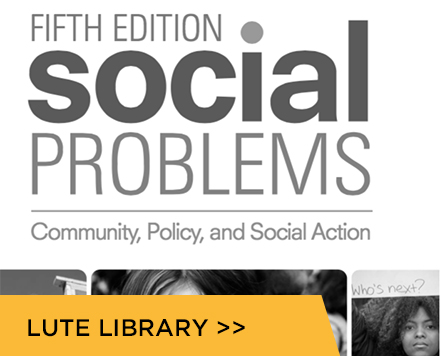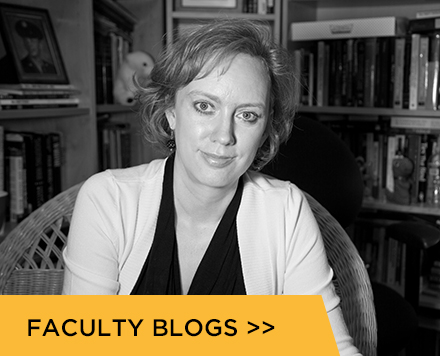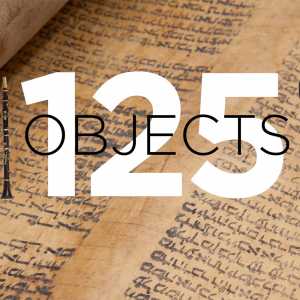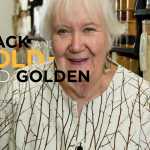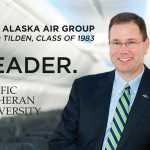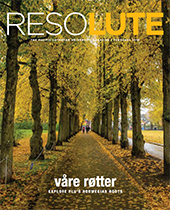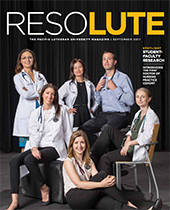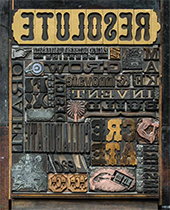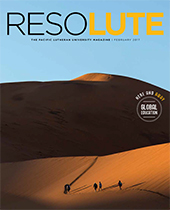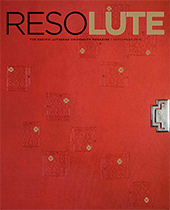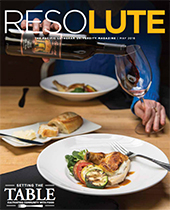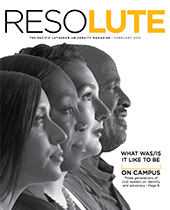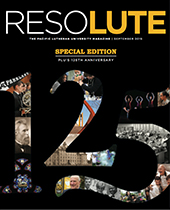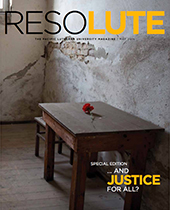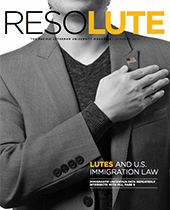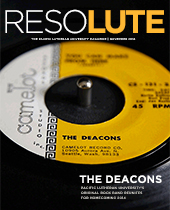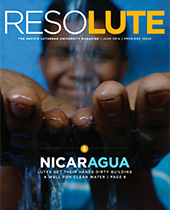That’s not really as random as it sounds.
Weisenstein plans to teach Advanced Placement courses this year, so while he was in the Pacific Northwest for another conference, he searched online for accreditation opportunities—and found PLU’s AP Summer Institute.
Now he’s one of thousands of teachers—from PLU itself to Argentina, Europe, Russia, Spain, Mexico, Saudi Arabia (and, now, Indonesia)—who have benefited from PLU’s prestigious program, which arms participants with strategies, materials and information to help them successfully teach AP courses.
PLU has hosted the AP Summer Institute for 30 years—longer than any other university in the state of Washington. And since its very beginning, PLU Professor Duane Swank has taught (or co-taught) the Chemistry class every year it’s been offered.
Swank, who helped bring the program to PLU, said it launched with 20 or 25 participants, and all sessions were taught by PLU faculty; these days, 120-170 teachers come to PLU each year for the multiday institute.
Swank offers a few explanations for the program’s longevity (and popularity):
“We’ve had leadership interested in maintaining the program. Presenters are always interested to come—with 8, 10 or 12 in a class, they can work closely with participants,” Swank said. “It just comes down to people.”
Maybe not surprisingly, he credits people for his own longstanding involvement, too.
“I just like working with the AP teachers,” he said. “They’re a dedicated group and a special group—AP classes are more demanding than typical high-school courses, so it’s like working with another faculty member when it comes to their professionalism and dedication.”
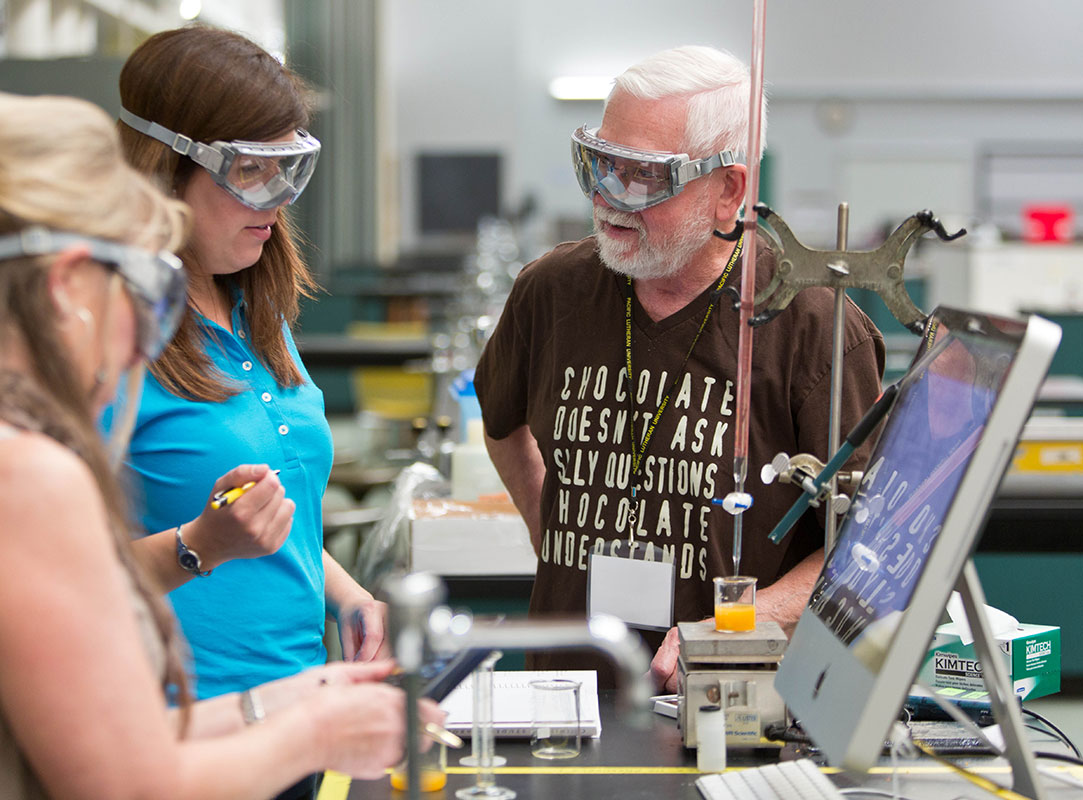
As a 15-year “reader” for the College Board, which oversees the AP program, he also contributes to the syllabi audit and exams for AP Chemistry programs and works closely with instructors and students of the course.
“I want to be able to share what I know about the College Board program—how students perform and new things,” he said. “It’s an opportunity for me to bring that content back to the teachers.”
On that toasty July day in the lab, Swank guided seven teachers through one of 16 experiments that will make up a new lab manual from the College Board.
Dressed in a brown T-shirt that read, “Chocolate doesn’t ask silly questions. Chocolate understands,” Swank moved from team to team to guide the teachers’ methodology and understanding.
He smiled often as he spoke.
“This keeps me regenerated,” he said.

